|
John Lewis died this past week, and the country is poorer for his passing. Born down in Troy, Alabama, the son of sharecroppers and the great-grandson of slaves, he worked ceaselessly for decades to correct injustice wherever he found it. He was arrested 45 times and beaten repeatedly by police and white supremacists, most notoriously, on March 7, 1965, while leading marchers for voting rights across the Edmund Pettus Bridge in Selma.
It took a lot of courage to face those Alabama state troopers who attacked with an arsenal of tear gas, clubs, guns, and bullwhips. But courage was something the young activist demonstrated then and throughout his long and illustrious career, right up until the end. We didn't know that Lewis was suffering from pancreatic cancer when we marched with him over the old, iron span this past March 1. It would turn out to be his last crossing, but his legacy lives on. Fifty-five years ago, federalized National Guard troops, FBI agents, and federal marshals were called in to protect the protesters as they finally crossed the bridge and marched the 54 miles from Selma to Montgomery. Today, in a tragic twist, federal storm troopers in army outfits are attacking protesters in Portland. Despite the ups and downs of his fight for freedom, Lewis seemed never to become discouraged, continuing the battle always. Of the new generation of protesters who emerged in the wake of George Floyd's murder, Lewis said they might just "redeem the soul of America and move closer to a community at peace with itself." Maybe so, but only if we continue by following Lewis's example of calling out injustice, protesting racism and police brutality, and voting out the bigots. So what do you do in the middle of summer in the middle of a pandemic? Well, if you're a reader, writer, librarian like me, you, of course...read! After all, theaters are closed, sports are on hold, and TV sucks, so... I started off with Jo Nesbo's latest thriller, Knife. Nesbo is Norway's best crime writer, and most of his novels feature the on-again, off-again alcoholic detective, Harry Hole. He's back on the bottle in this one, but it doesn't stop him from tracking down, through Oslo's sordid underbelly, the notorious murderer and rapist Svein Finn. Great fun, with lots of splashing blood and Nordic noir. Next, came the gentler, humorous essays by Rick Bragg, Alabama's best living author. My Southern Journey: True Stories From the Heart of the South contains short articles and reminiscences that first appeared mostly in Southern Living where Bragg writes a regular column entitled Southern Journal on the magazine's back page. Anyone who knows Alabama will recognize the familiar truths in these homespun tales of country living in a kinder, less troubled time and place. Next, I read Vladimir Nabokov's classic Lolita, an expansive, witty novel of obsession and American life in the 1950s. It is at the same time funny and heart-breaking, as well as masterful in its meditation on love and the depths of madness. A new first novel, My Dark Vanessa, by Kate Elizabeth Russell, has been compared to Lolita, since it deals with the same subject matter: the psychological dynamics of a romantic relationship between an under-age girl and an older manipulative man. While Lolita is told from the perspective of the male seducer, Humbert Humbert, My Dark Vanessa is recounted by the victim herself, and is all the more sad and troubling because of it. Warning: neither is a light read, but both are well worth the ride. After that pair, I needed something more on the escapist side, so I turned to one of my favorite authors, James Lee Burke, and his latest detective novel, The New Iberia Blues, that features, as most of his novels do, New Iberia Parish's crack detective Dave Robicheaux who, regardless of what evil lurks down in southern Louisiana's bayou country, is forced to confront the region's many ghosts, its racial complexities, and the ever invasive incursions of the New South. This is Burke's 37th novel and thankfully Dave and his faithful sidekick Clete Purcel have not aged or eased up a single lick. I next read Sierra Crane Murdoch's Yellow Bird: Oil, Murder, and a Woman's Search for Justice in Indian Country. This one is the true story of a 2012 murder on the Fort Berthold Indian Reservation in North Dakota. But more than a murder mystery, it's the story of one woman's obsession (Lisa Yellow Bird) and the history and study of the Native Americans in the Northwest. Coupled with Michael Powell's Canyon Dreams: A Basketball Season on the Navajo Nation, that I read a few months ago, you'll find a fascinating exploration of Native American culture today and the historical antecedents that led to it. Finally, I just finished Lauren Wilkinson's debut novel, American Spy, that updates the espionage thriller in unusual and original ways, since the spy in question is both black and female and, as you might imagine, at continuing odds with her identity. Reminiscent of Sam Greenlee's classic 1969 novel, The Spook Who Sat by the Door, this book is about African political drama, romance, family, and what it's like to be a black women in America today. Read it!
"Hope" is the state motto of Rhode Island, America's smallest state. But hope is amplified there with a healthy dose of practical action, at least as far as fighting the COVID-19 virus goes.
I flew there (a whole other story) last week to visit my son in Providence. Like a Corona Coward, I escaped from Alabama, one of the fastest COVID-19 spiking states (average of 1,100 cases per day during the past week) to Rhode Island, the state with the fastest decrease of the disease in the past three weeks (average of 64 cases per day to just 32 cases during the past week). And landing magically from one state to another, it was readily apparent why the Ocean State was way ahead of the Yellowhammer (it's a bird) State in combating the pandemic. Led by a strong, straight-ahead governor, Gina Raimondo, aggressive measures were put into effect early on and remained in force until the number of cases declined substantially this past month. Compared to Alabama where Governor Kay Ivey, affectionately known here as Memaw (Southern for Grandma), is so afraid of offending someone that she is all but ineffective. In Rhode Island, virtually everyone wears a mask, even the street people. Hand sanitizers and social distancing measured reminders are ubiquitous, inside and out. Most restaurants are open now, with tables at least six feet apart, but very few diners enter, opting instead for outside tables only, where completed tracing forms are required before orders are taken by masked and gloved wait-people. Wooden barriers no longer block residential streets, but they can still be seen on the side of intersections, waiting quiescent just in case people movement needs to be restricted again. So "hope" is good, but even better when coupled with strong, scientifically-based action. Instead of Memaw's hemming and hawing and Alabama's feckless, somehow (in the context of our lamentable history) vaguely racist slogan of "We Dare Defend our Rights." Hope! |
AuthorCharles Farley is an author who lives and writes in Huntsville, Alabama. Archive
January 2023
Categories |
| Charles Farley |
|
|||
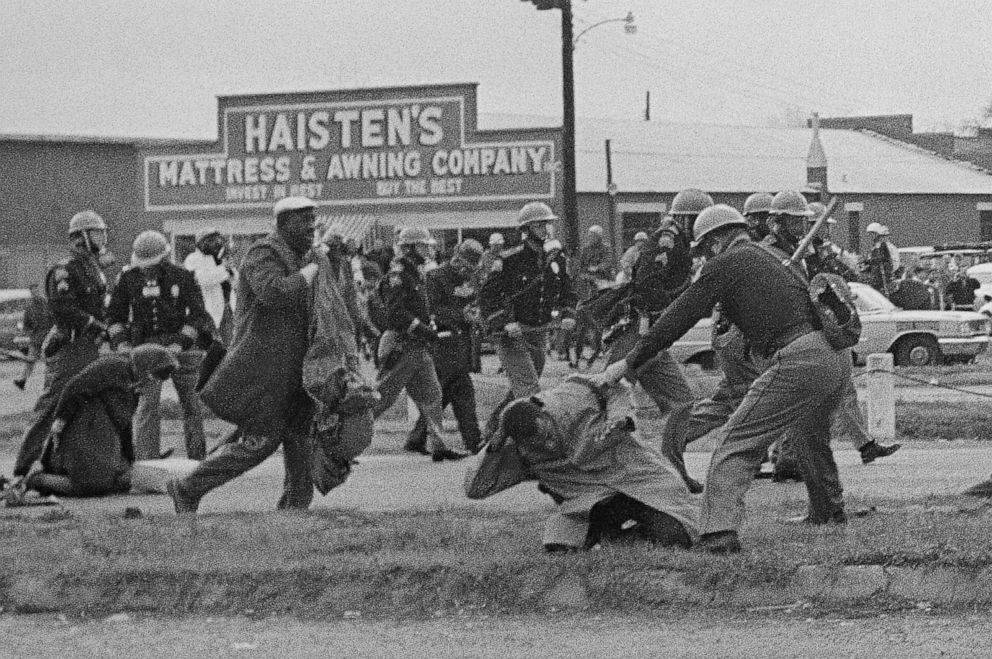

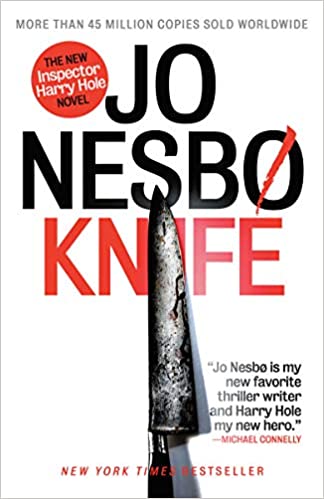
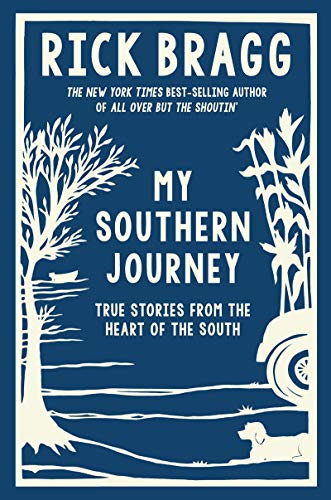

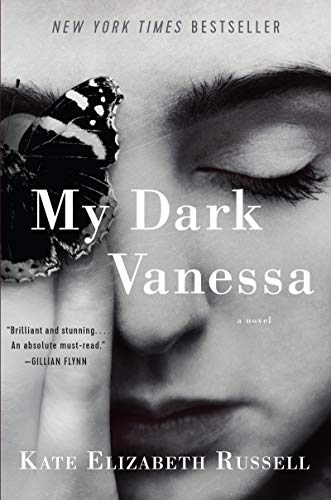
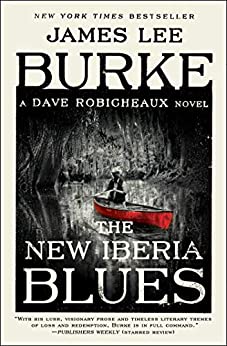
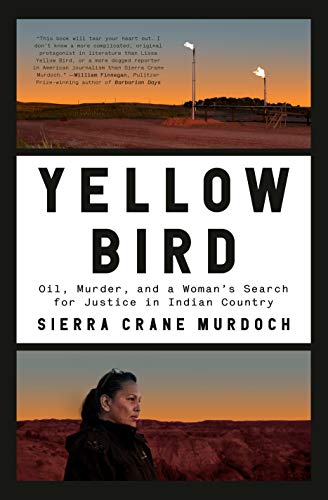
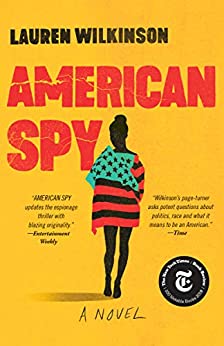

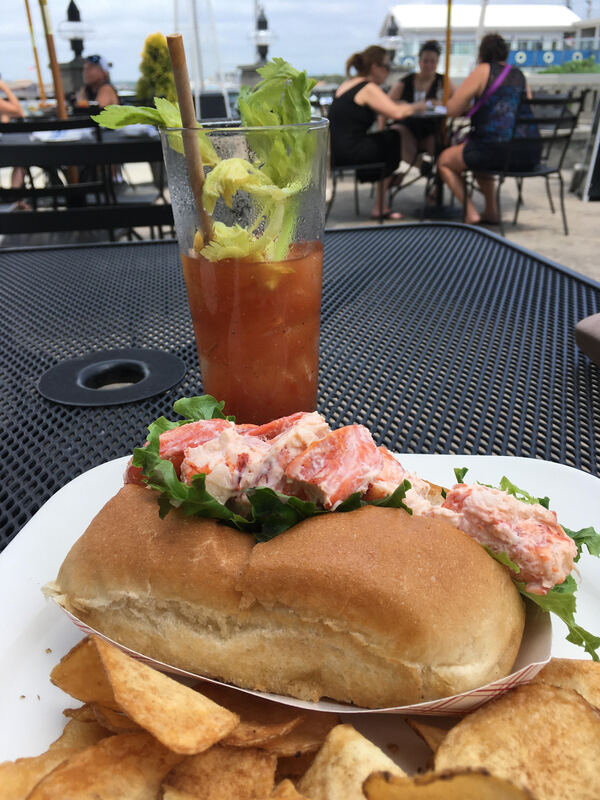
 RSS Feed
RSS Feed
